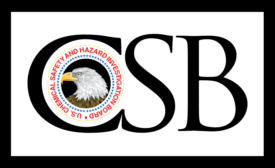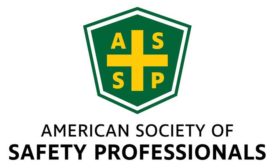Today's Safety News
No safety management system at company that had fatal tank explosion
Decommissioning process made equipment "a bomb"
December 18, 2019
From Rockford Systems
Machine guarding named on OSHA's Top Ten Violations in 2019
December 17, 2019
Become a Leader in Safety Culture
Build your knowledge with ISHN, covering key safety, health and industrial hygiene news, products, and trends.
JOIN TODAYCopyright ©2025. All Rights Reserved BNP Media.
Design, CMS, Hosting & Web Development :: ePublishing










